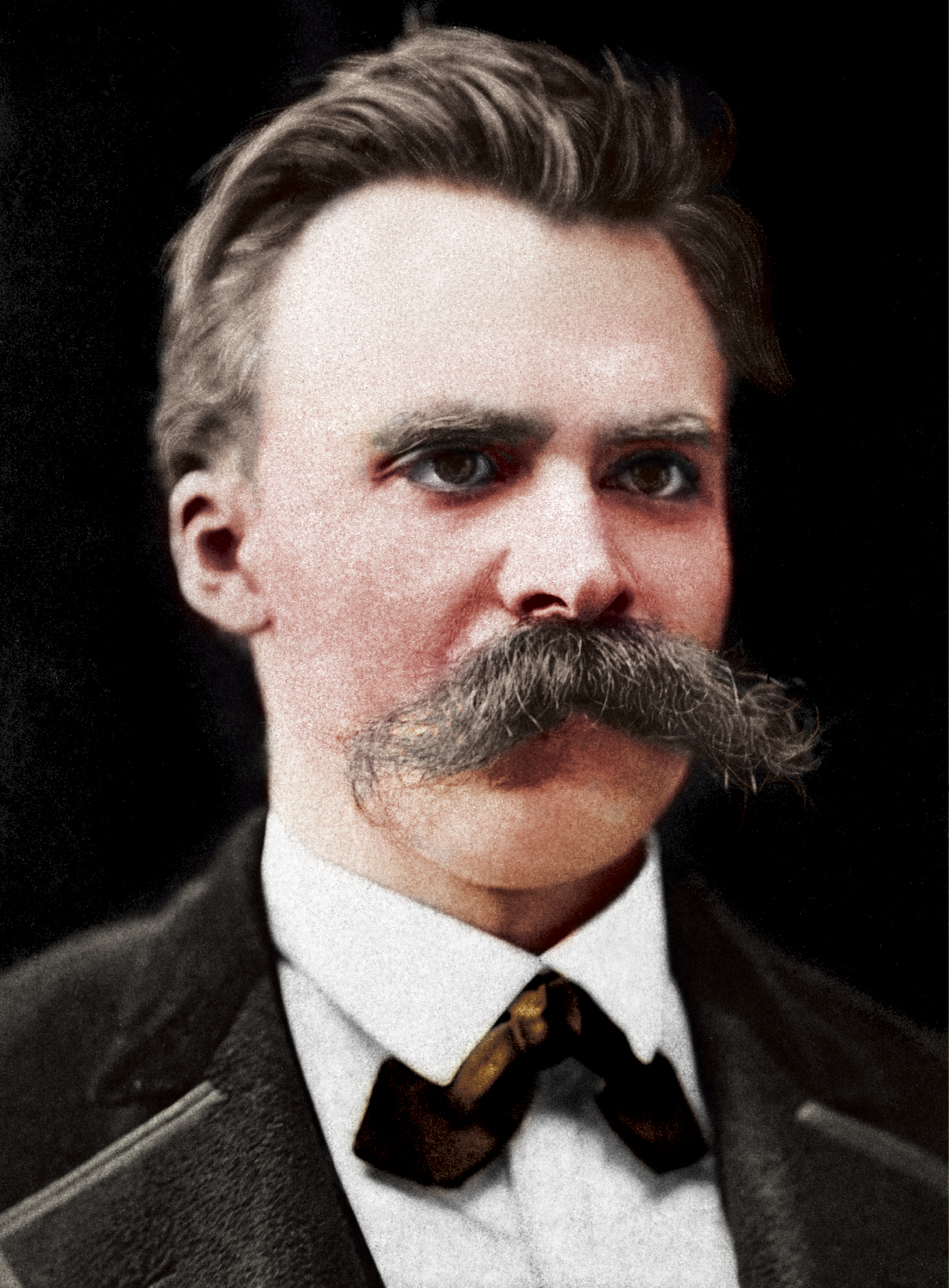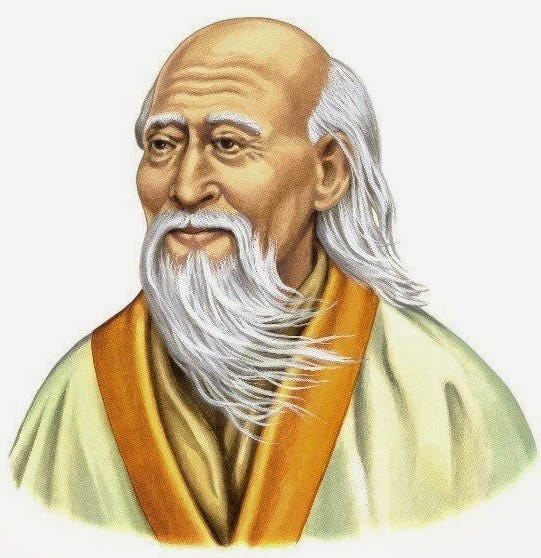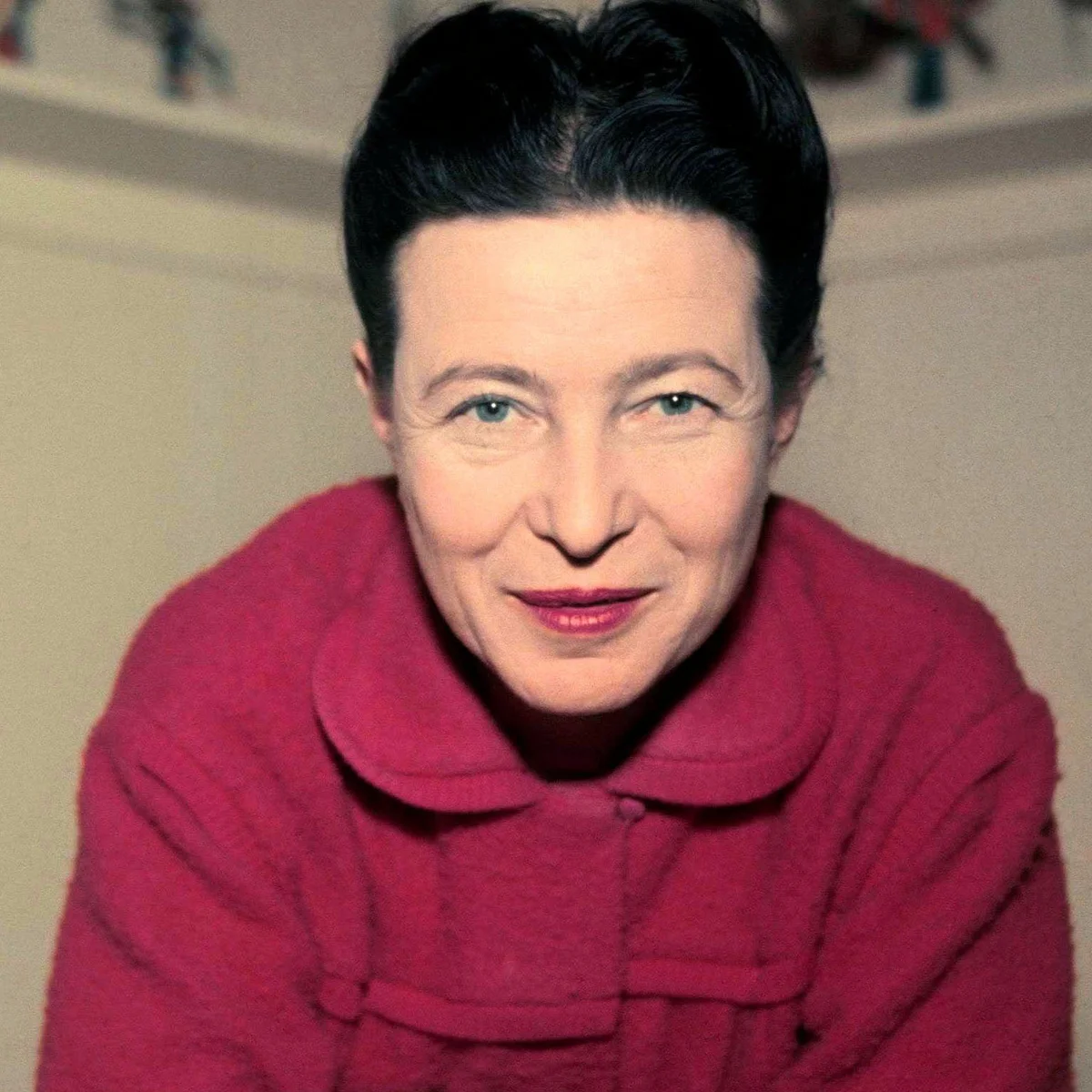
This one-day Socratic Dialogue on the question “What is Risilience?” will be facilitated by Kevin Cales on Saturday, October 18, from 8:00 a.m. to 4:00 p.m. New York time.
4 participants have enrolled, 2 places remain
Open to all APPA members
program fee: $100
Certified or Adjunct members who participate in this dialogue, plus the subsequent dialogue on November 8, will be eligible to enroll in the Certification Training dialogue on December 6.
What is a Socratic Dialogue?
Socratic dialogue is a formal method by which a small group (5-10 people), guided by a facilitator, finds a precise answer to a universal question (e.g. “What is happiness?”, “What is integrity?”, “Can conflict be fruitful?”, etc.). Socratic dialogue is not to be confused with the so-called Socratic (or elenchic) method, developed in Plato’s writings, by which Socrates often helped people discover contradictions in their attempted definitions of universals. By contrast, Socratic dialogue helps a group to discover what something is, as opposed to what it isn’t.
The Method of the Dialogue
The method of the Socratic dialogue is as rewarding as its goal. It involves group decision-making by consensus, which is distinctly unlike most other modalities of group function. To begin with, since the Socratic dialogue is neither a debate nor any other kind of competition, there are no winners and losers. While the group as a whole will either succeed or fail to reach the conclusion of the dialogue in the allotted time, every stage in that process is attained by consensus. Thus every relevant question, doubt, insight, observation or objection offered by a participant is considered by the group as a whole, until everyone is satisfied by the deliberation.
How to Prepare for a Dialogue
You need not be a philosopher, nor have philosophical qualifications, to participate in a Socratic dialogue. An appealing presupposition of the dialogue is that universal truths are grounded in our particular experiences. The purpose of the dialogue is to reach the universal from the particular. There is never any reference made, nor need there be any reference made, to philosophical literature. The chosen question is answered not by citing what Plato or Nietzsche thought about it, but by discussing what the members of the group experienced of it. We all have experiences, and we can all think for ourselves. Reference to published works is not admissible in a Socratic dialogue; reference to concrete personal experience is what counts and suffices for the purpose. In the realm of philosophical arts, the synthesis of plural experience can capture more truth – and therefore greater universality – than that of the ruminations of any single intellect, no matter how great in stature. The dialogue is a symphony, not a solo. So the best preparation is an open mind, and a good example (if the question is known beforehand).
The General Rules:
While the facilitator is responsible for guiding the group through the dialogue, each participant is asked to abide by the following rules, which if followed conduce to a rewarding experience.
1. Express your doubts.
2. Be attentive to others.
3. Refrain from monologues.
4. Ask no hypothetical questions.
5. Make no references to published works.
6. Strive for consensus.
Criteria of a Good Example:
1. Should be a first-person experience.
2. Should be closed in time.
3. Should not be too emotional.
4. Should be brief.
5. Should be simple.
6. Exemplar should be willing to answer questions.



